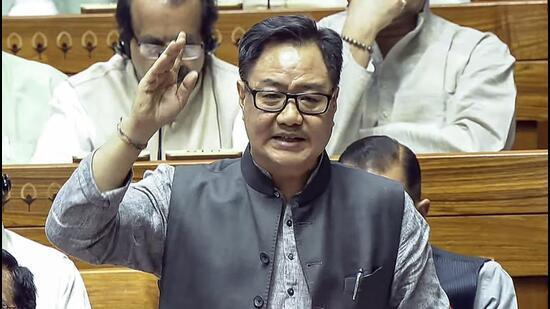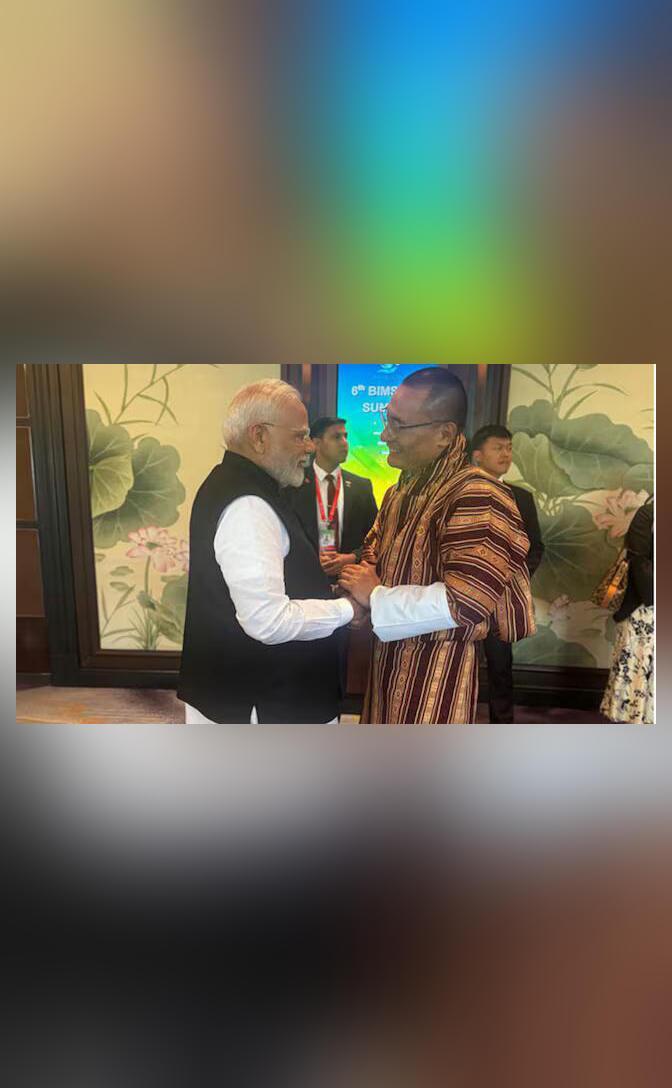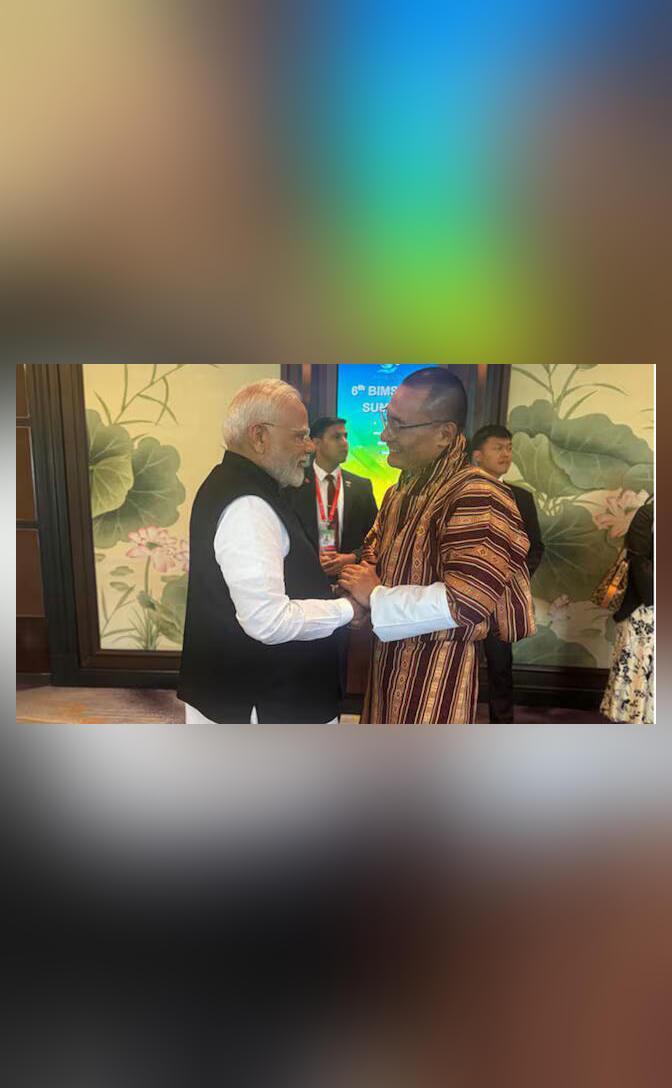
Opposition Creates Confusion & Leaves House: Rijiju in Rajya Sabha
The recent session of the Rajya Sabha saw a heated debate on the Waqf (Amendment) Bill, with Union Minister Kiren Rijiju criticizing senior members of the opposition for creating confusion and not staying back to listen to the replies. The minister’s remarks were made during the discussion on the bill, which aims to reform the Waqf Act, 1995, and ensure greater transparency and accountability in the management of Waqf properties.
Rijiju’s comments were directed at senior opposition member, Kapil Sibal, who had compared the properties of Waqf bodies with those of other religious bodies during the debate. The minister felt that Sibal’s remarks had created confusion and were not based on facts. Rijiju stated that Sibal had raised issues but did not stay back to listen to the replies, which was unfair and unconstructive.
The Waqf (Amendment) Bill has been a contentious issue, with the opposition raising concerns about the government’s intentions and the potential impact on the management of Waqf properties. The bill aims to empower the Central Waqf Council (CWC) to monitor and regulate the functioning of Waqf boards, which are responsible for managing Waqf properties.
However, the opposition has been critical of the bill, saying that it is an attempt to centralize power and undermine the autonomy of Waqf boards. They have also expressed concerns about the lack of transparency and accountability in the management of Waqf properties.
Rijiju’s criticism of Sibal was not the only instance of heated debate during the session. Other opposition members, including Anand Sharma and Tiruchi Siva, also engaged in a heated exchange with the government over the bill.
Despite the opposition’s concerns, the government has maintained that the bill is necessary to ensure greater transparency and accountability in the management of Waqf properties. The government has also said that the bill will empower the CWC to take action against Waqf boards that are not functioning properly.
The debate on the Waqf (Amendment) Bill is not the first instance of tension between the government and the opposition in the Rajya Sabha. In recent months, there have been several instances of heated debate and exchange between the two sides.
In September, the opposition had walked out of the House during a discussion on the Pegasus spyware issue, citing lack of transparency and accountability. In October, the government had accused the opposition of creating “confusion and chaos” in the House during a discussion on the farm bills.
The tension between the government and the opposition in the Rajya Sabha has been fueled by the government’s majority in the House. With a strength of 123, the government has a significant majority, which has given it the upper hand in debates and discussions.
However, the opposition has been using its limited numbers to maximum effect, raising issues and creating confusion in the House. The opposition has also been using the media to amplify its message and put pressure on the government.
In conclusion, the debate on the Waqf (Amendment) Bill in the Rajya Sabha was marked by tension and heated exchanges between the government and the opposition. The opposition’s criticism of the bill was countered by the government, which maintained that the bill was necessary to ensure greater transparency and accountability in the management of Waqf properties.
The debate highlights the ongoing tension between the government and the opposition in the Rajya Sabha, which is likely to continue in the coming months. As the government and the opposition engage in a battle of wits, the country will be watching with interest to see how the issue is resolved.






